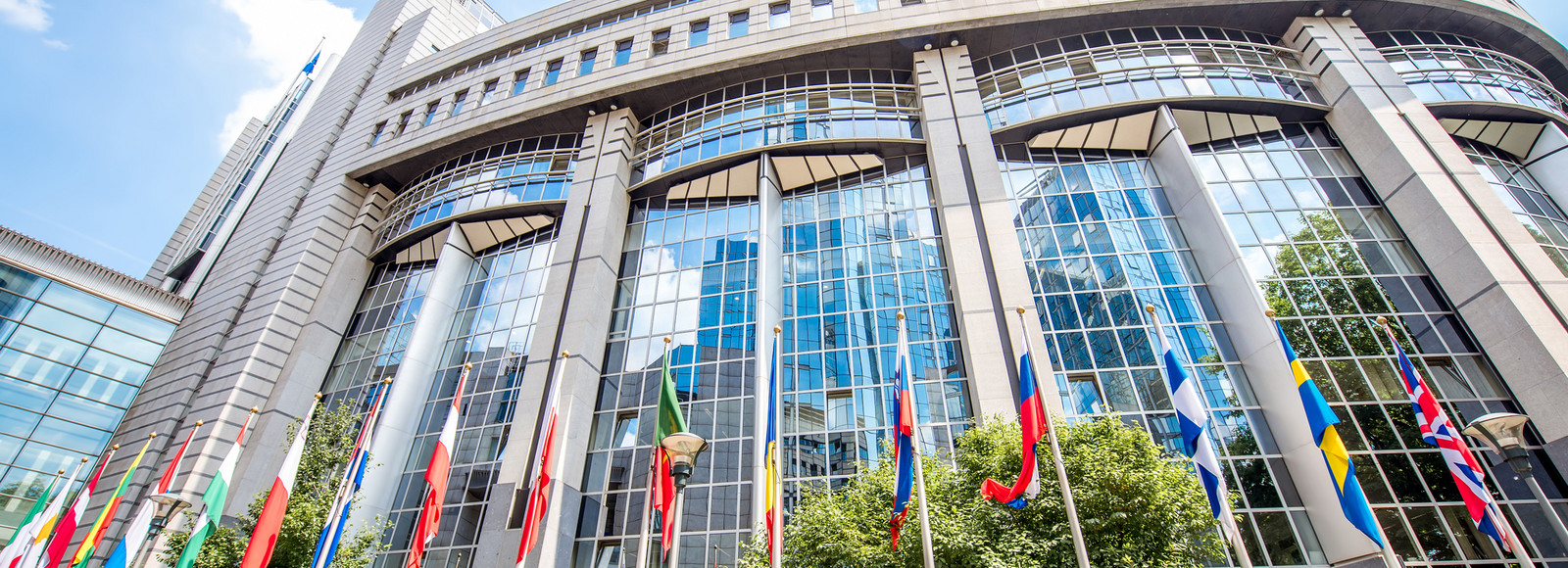Public Procurement in Norway – proposed changes
As party to the Agreement on the European Economic Area (the EEA-agreement between EU member states and the Efta states Norway, Liechtenstein and Iceland) the Norwegian state is obliged to include the internal market rules developed by the EU. As such, the EU directives on public procurement form an essential part for the realization of the internal market within the EEA-area, and the EU directives are already implemented under Norwegian law.
The Norwegian Ministry of Trade, Industry and Fisheries appointed in November 2022 a national procurement committee to propose changes to the public procurement rules in Norway. The mandate of the procurement committee has especially been to suggest simplification the rules, include sustainability goals and assess the enforcement-regime.
The proposed changes must be read in light of the fact that Norway must respect the EU directives on public procurement when changing national legislation.
The report handed over today is the second and last report by the procurement committee. The first was handed over in November 2024 (NOU 2023:26), and last report handed over today (NOU 2024:9) has a consultation round with a deadline until 16 August 2024 for anyone to comment. Thereafter the Ministry will assess the reports and comments provided and most likely suggest changes for the Parliament to decide upon. A new public procurement framework can be expected to come into force sometime in 2025 or 2026.
The first report suggested changes such as;
- a new structure of the procurement rules (more detailed rules in one act applicable for all public procurement procedures rather than several detailed rules in Regulations),
- lifting inclusion of sustainability goals in public procurement procedures and
- participation for entities that do not hold rights when participating in public procurement procedures in the EEA-market (so called "third country suppliers").
Key takeaways from the second report delivered today:
National system for remedies
Within the framework the EU Remedies Directive sets out, the institutional framework for the enforcement on public procurement rules can be determined by national legislator. In Norway, the enforcement of public procurement legislation is set to the ordinary courts and from 2003 the Norwegian Complaints Board for Public Procurement (KOFA) has been an informal supplement to the courts with its advisory opinions.
The procurement committee has proposed changes in order to make it easier to obtain legal measures before a contract is signed. The aim is to reduce the number of subsequesent lawsuits with claim for damages, ensure efficiancy and align the Norwegian remedies system with the other Nordic countries.
The Committee proposes e.g. to introduce:
- formal and binding decisions from KOFA,
- a new system where a complaint is sent to KOFA within the standstill period suspends the contracting authority’s ability to enter into the contract and that such suspension period lasts until KOFA has provided its decision,
- supervision by the Competition Authority to enhance compliance with the duty to publish contract notices,
- competence for the Competition Authority to bring a case to be reviewed by KOFA in order to have the sanction "ineffectiveness" imposed,
- competence for the Competition Authority to impose fines for illegal direct awards, and complaints against the Competition Authority’s decisions are reviewed by KOFA
Claim for damages
The procurement committee proposes to implement new provisions regarding damages, that implements current case law. The Commission proposes one regulation regarding damages for bids costs and one for lost profit. In addition, its proposed that a claim for damages must be brought to court within one year after the contract has been signed. Concerning claims for damages related to loss of profit the procurement committee has proposed that the opportunity to claim such damages requires that the supplier has complained either to KOFA or the courts before the contract was signed. The procurement committee has also proposed guidelines on calculation of amounts to be claimed.
Geographical scope
The procurement committee proposes to include a provision clarifying the scope of the procurement act in line with the EFTA-Courts case law, meaning that the scope of the Public Procurement Act apply to public contracts that are wholly or partially fulfilled outside the geographical area of the EEA, provided that the procurement clearly is of interest to suppliers established in Norway or other EEA countries. Its also proposed that the procurement legislation shall not apply to Svalbard, unless otherwise decided by the Ministry.
Exclusion grounds
The grounds for exclusion from public procurement procedures are to a large extent based on the EU Directives on Public Procurement. However, the rules on grounds for exclusion are reviewed by the procurement committee with regard to implement these rules into the proposed new Act on Public Procurement and a link is provided in order to clarify which exclusion rules are based on EEA-law and which are national based.
Ownership and tax
Transparency regarding ownership and tax is a hot debate and there are exists many legislative initiatives with the aim to establish a shareholder registry and a beneficial owner registry. The procurement committee proposes that contracting authorities shall have access to such registry. Further, the procurement committee acknowledges the legitimate interest to prevent public contracts being awarded to companies evading taxation through aggressive or illegal tax planning, but the report highlights that public country-by-country reporting is not considered cost-effective or suited to achieve the intended purpose if used in public procurement proceedings. Tax evasion is additionally highlighted as a global problem which requires solutions on international level.
Safegouarding security and preparedness
The Committee considers that the current legislation provides flexibility considerations regarding safeguarding national security and preparedness in procurement procedures. However, the Committee addresses the need for guidance and has also proposed two new provisions regarding inclusion of considerations related to safeguarding national and preparedness considerations aiming to provide clarification and as a reminder of the existing flexibility.
For more information, contact our public procurement team in Norway: Line Voldstad, Aksel Joachim Hageler, Morten Gullhagen-Revling, Thea Åkermoen, Oda Linneberg Uggen and David Berset.








